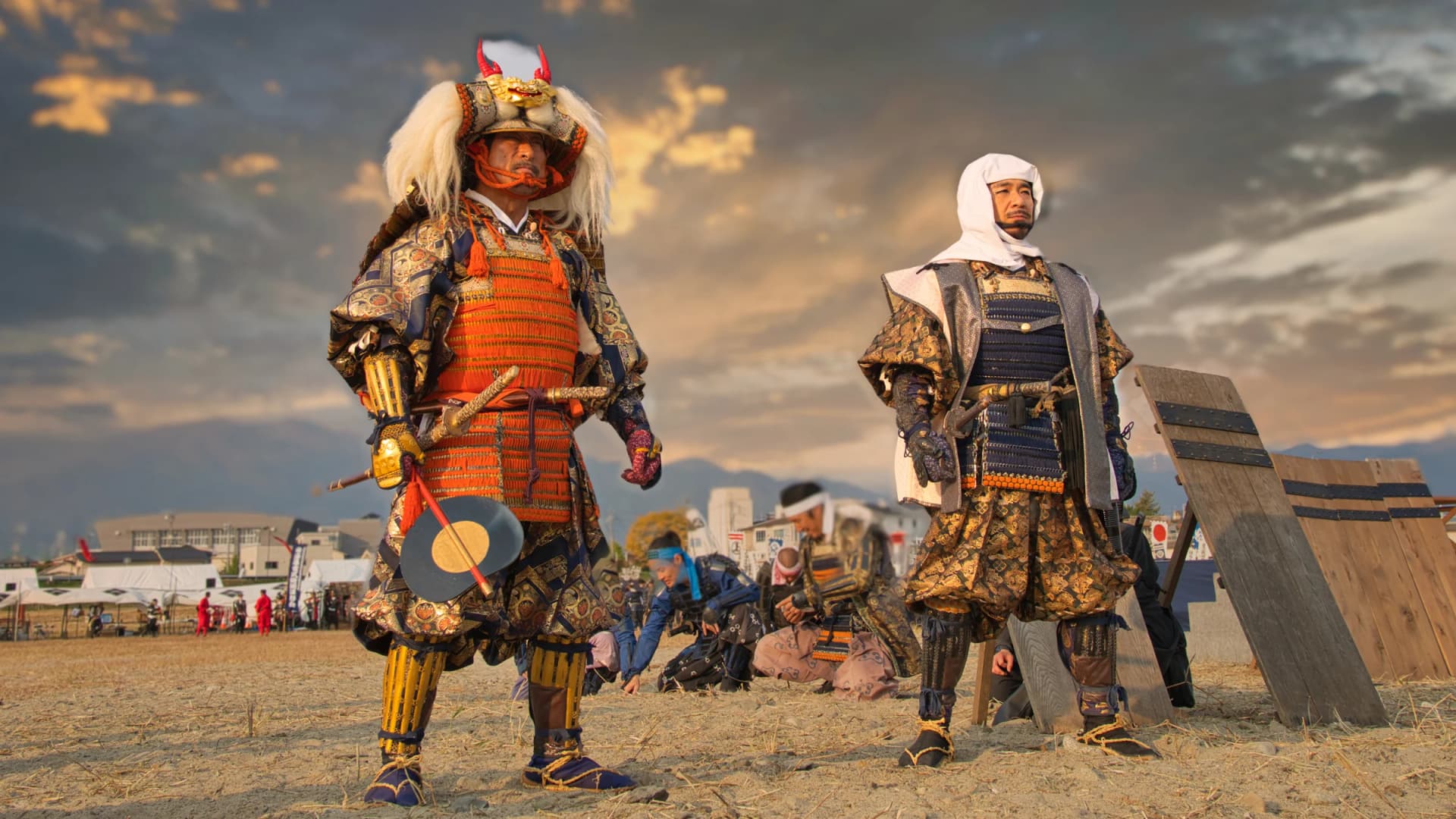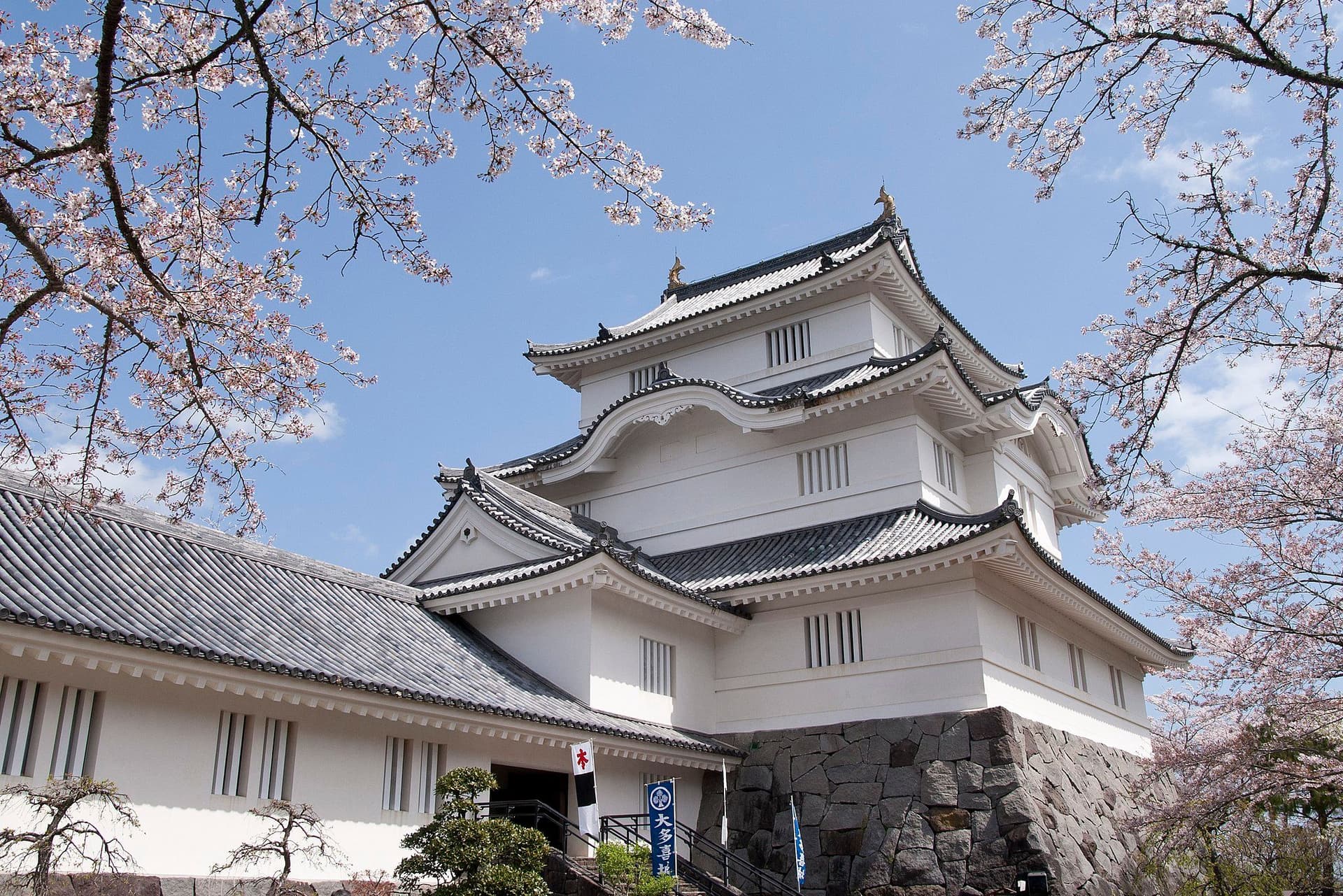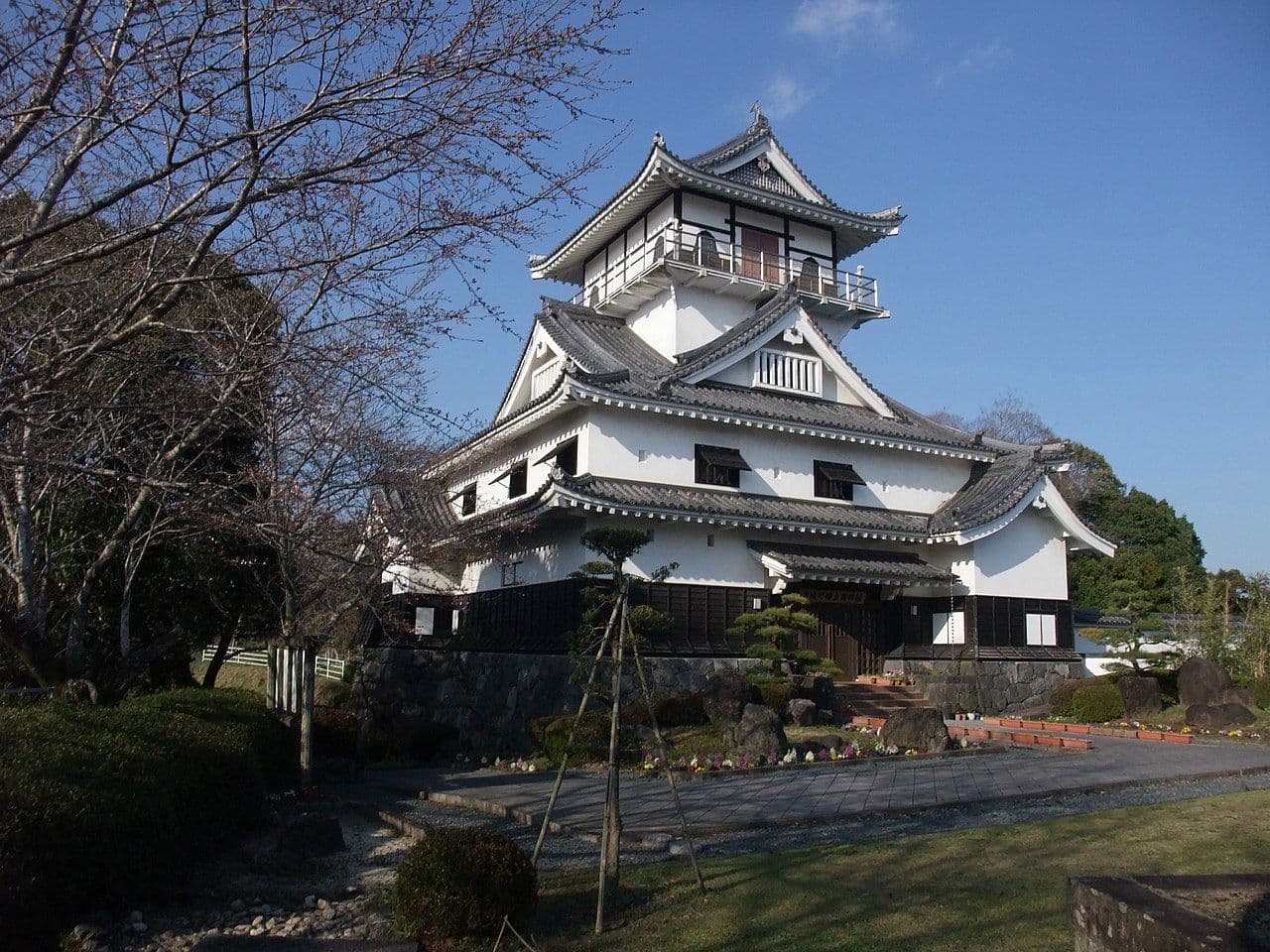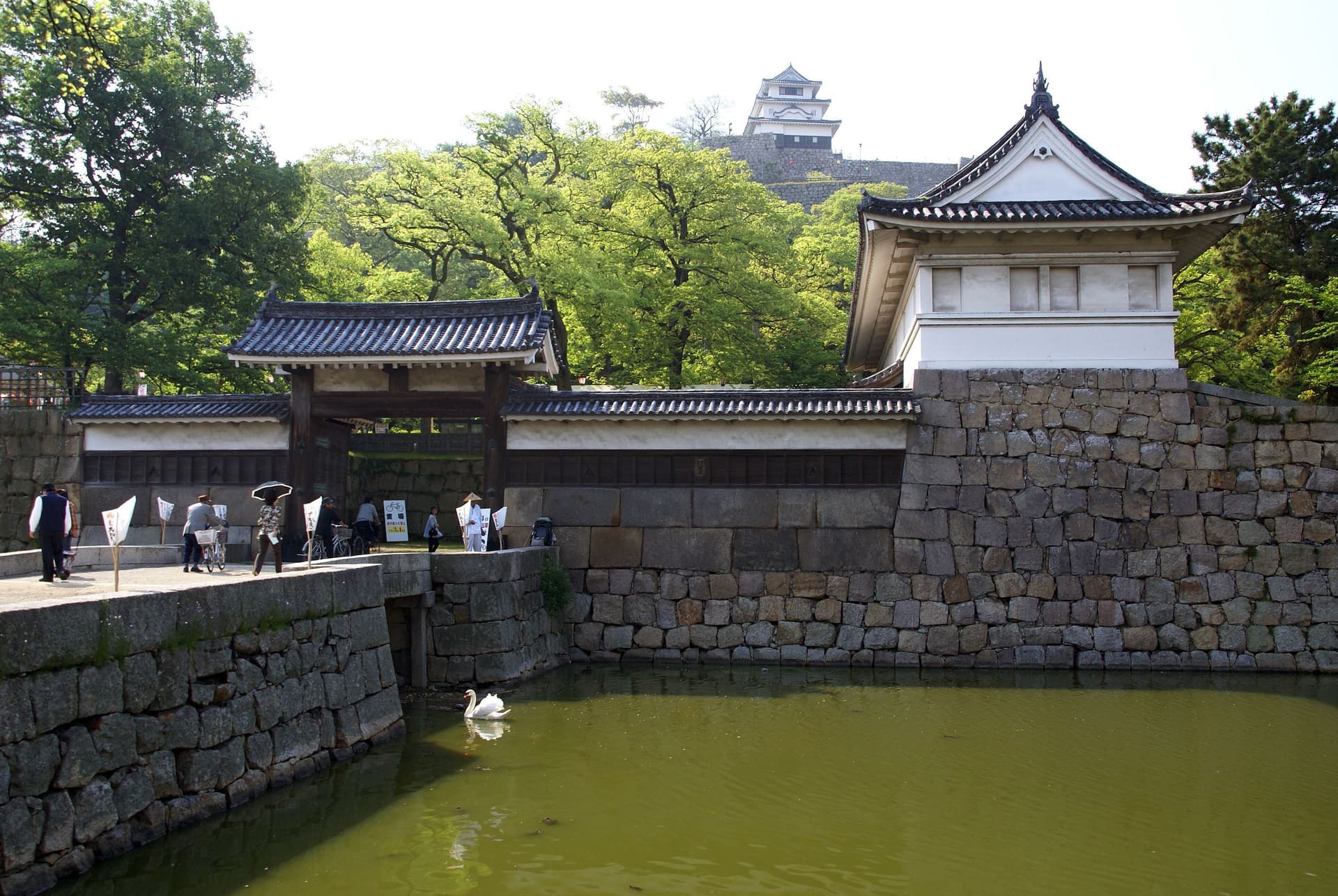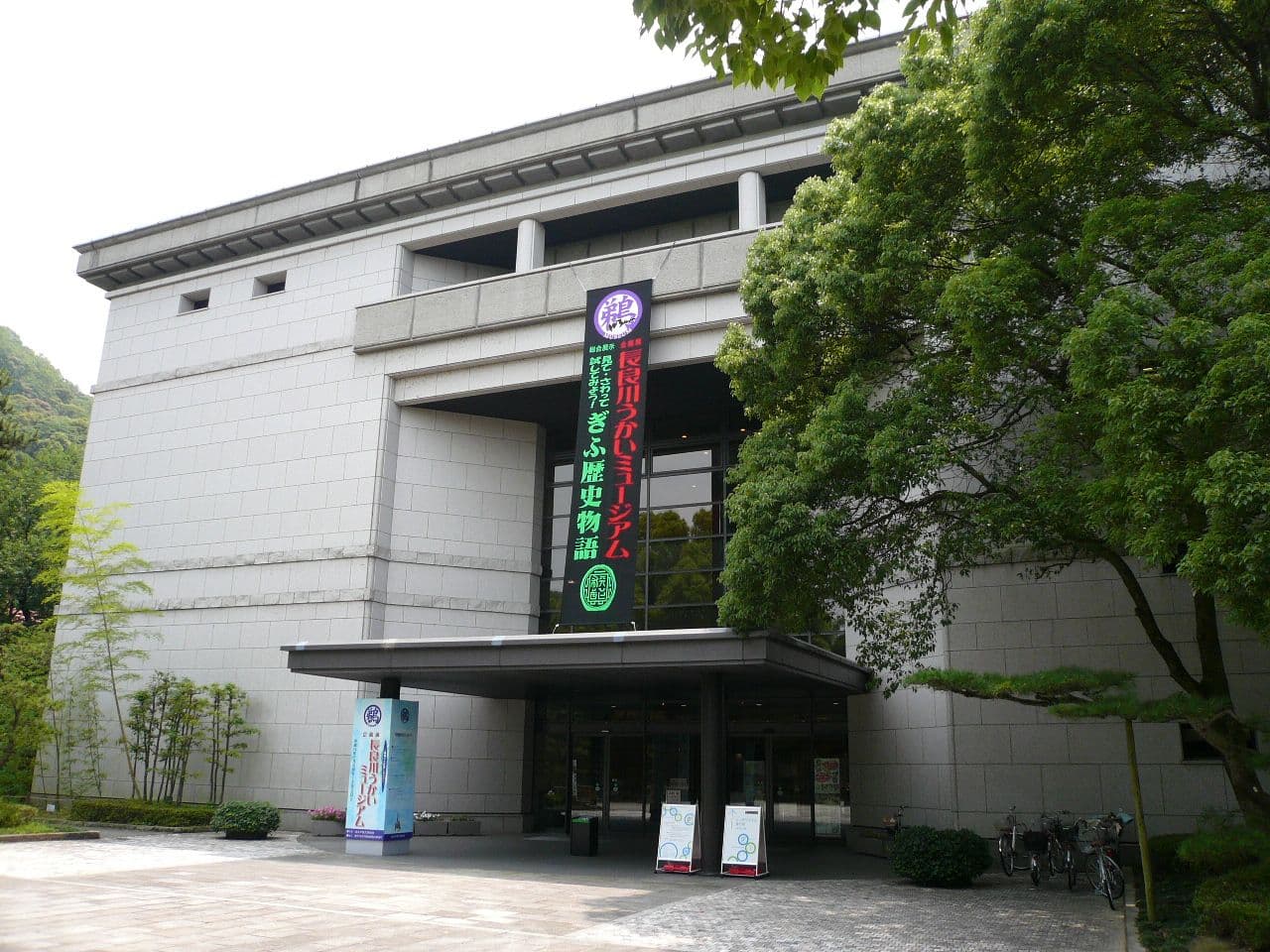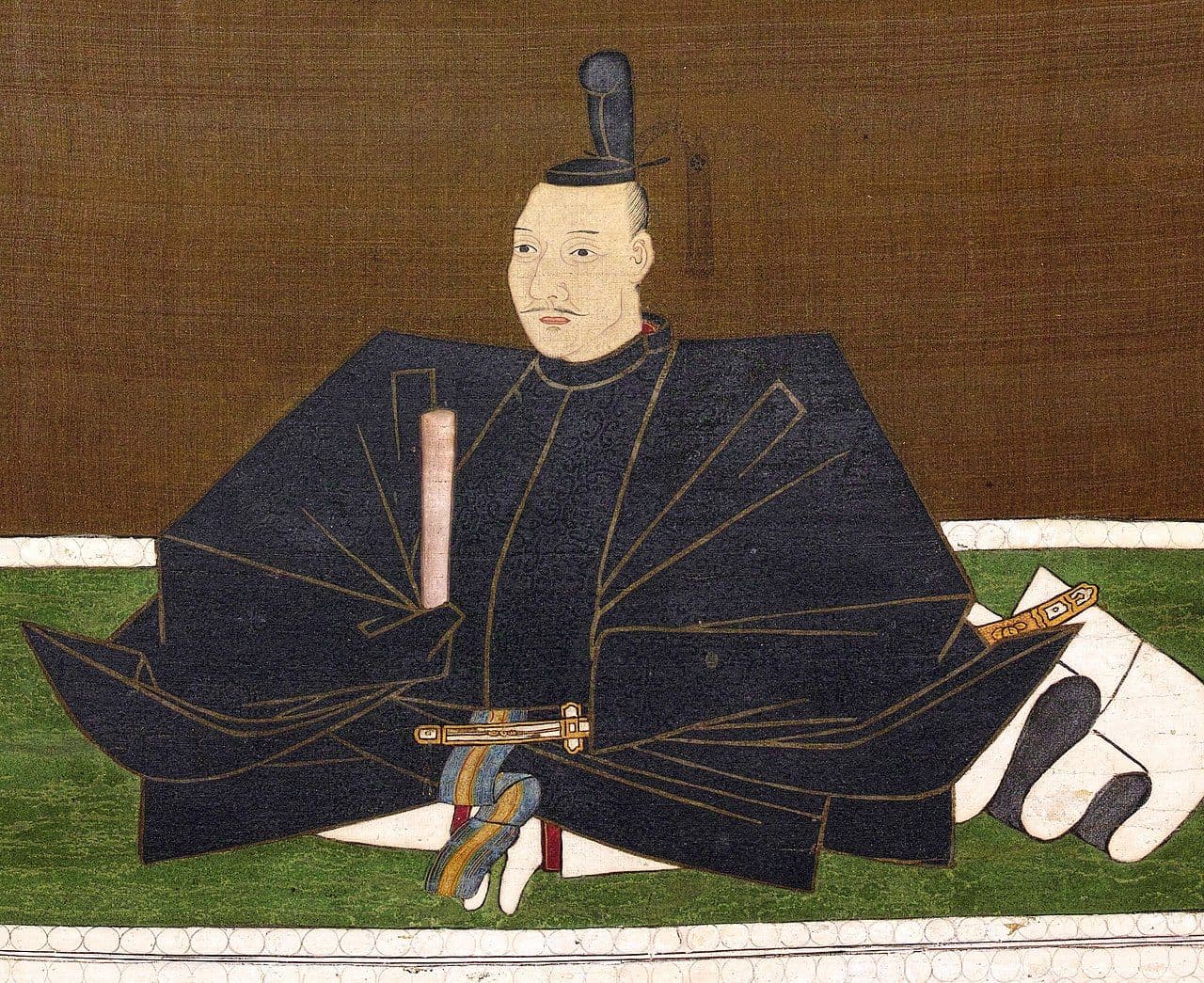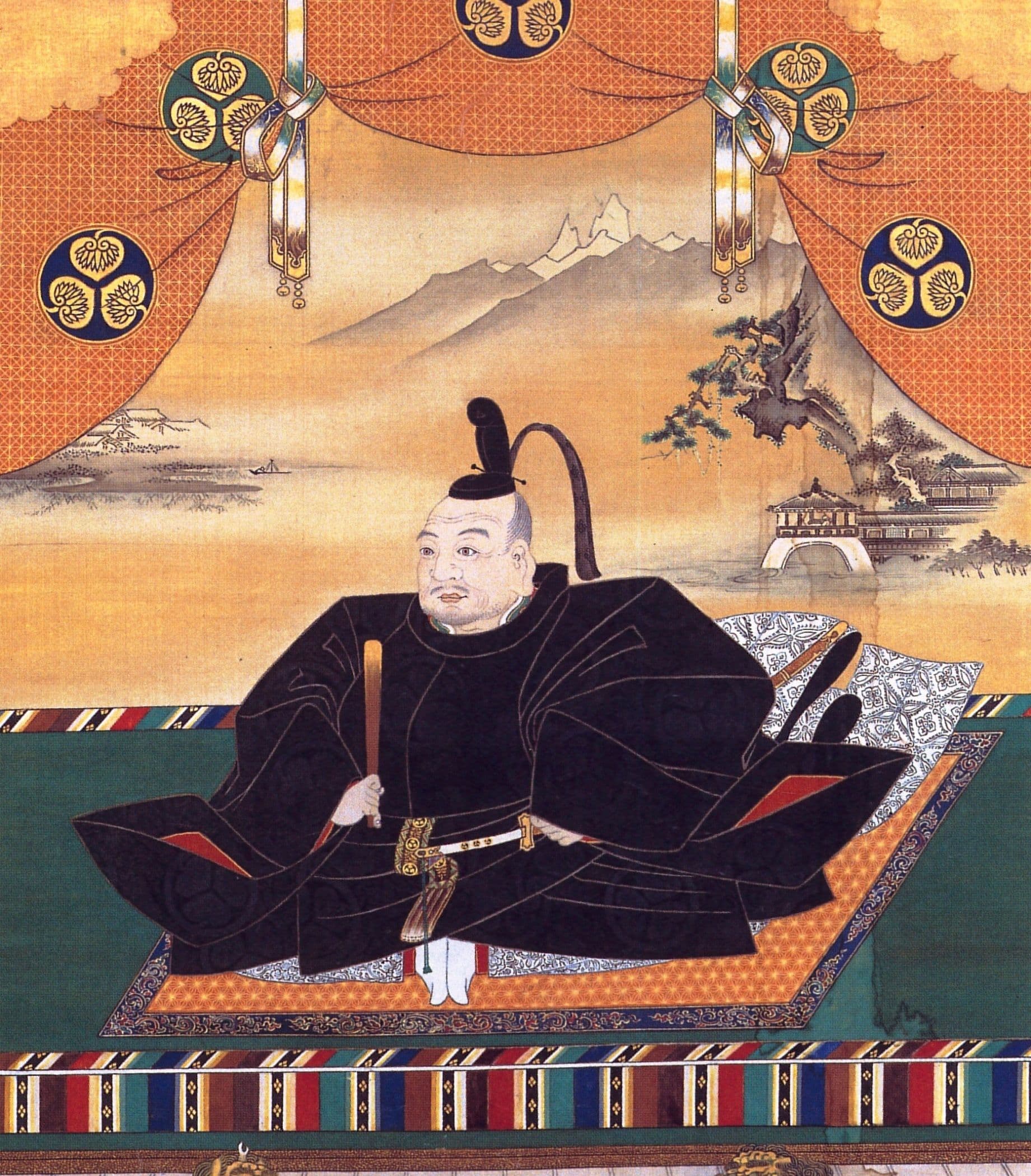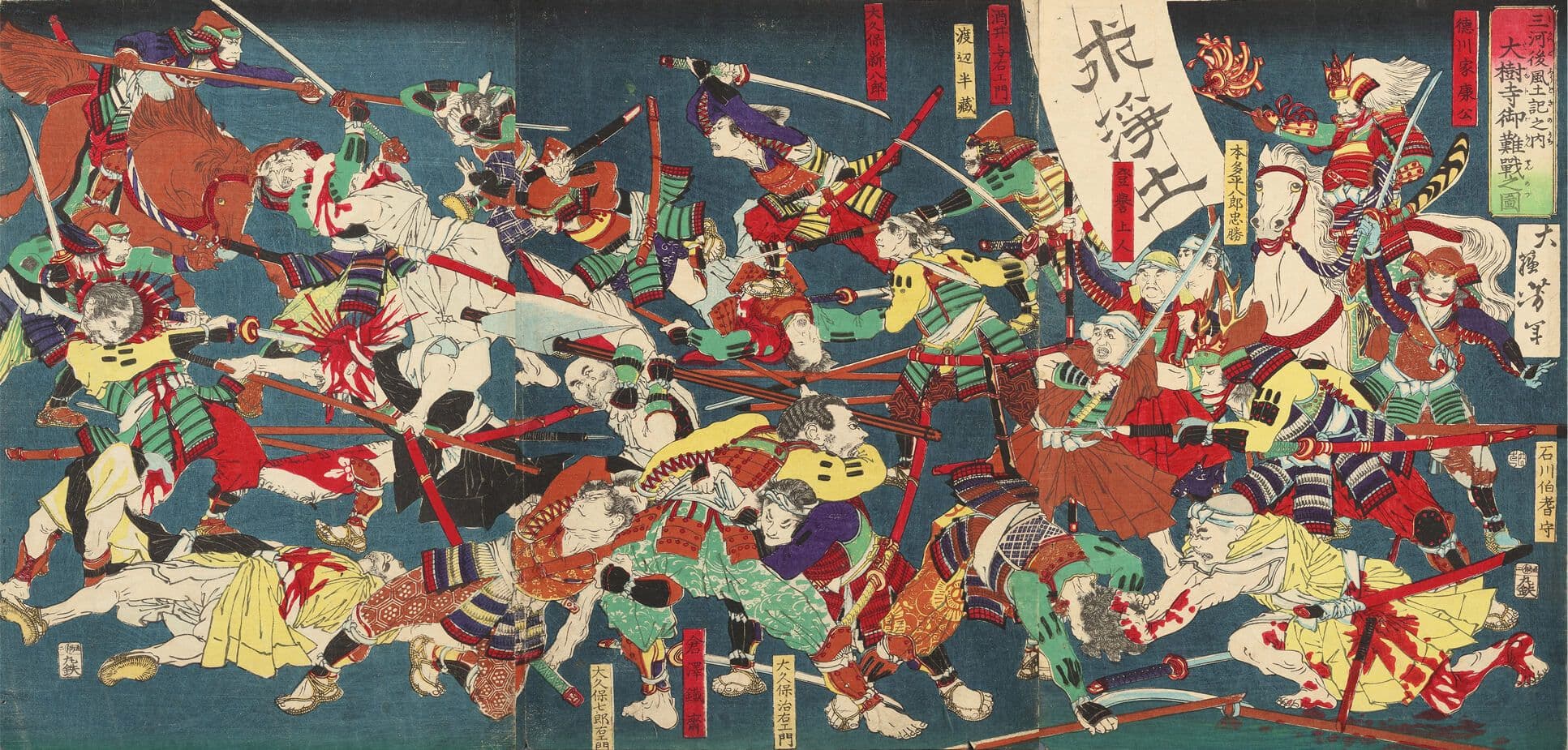
Sengoku Period
戦国時代The Sengoku period, also known as the Warring States period, was a time of social, political, and military turmoil in Japan that lasted from the late 15th century to the late 16th century. During this time, Japan was divided into many small feudal states, and powerful lords, known as daimyos, were constantly vying for control and power.
The Sengoku period was characterized by frequent military conflicts, as daimyos sought to expand their territories and gain more power. This led to the development of highly skilled warriors, known as samurai, who were trained in the art of war and were loyal to their daimyo.
The Sengoku period also saw the rise of several influential figures, such as Oda Nobunaga, Toyotomi Hideyoshi, and Tokugawa Ieyasu, who sought to unify Japan and bring an end to the constant conflict. Ultimately, it was Tokugawa Ieyasu who succeeded in unifying the country, establishing the Tokugawa Shogunate and bringing about a time of peace and stability known as the Edo period.
The Sengoku period was a pivotal time in Japanese history, as it shaped the country's culture and society in many ways. The warrior culture that developed during this time had a lasting impact on Japan, and the legacy of the samurai can still be seen today in Japanese art, literature, and popular culture.
Related Events
Related topics
Last Updated:
